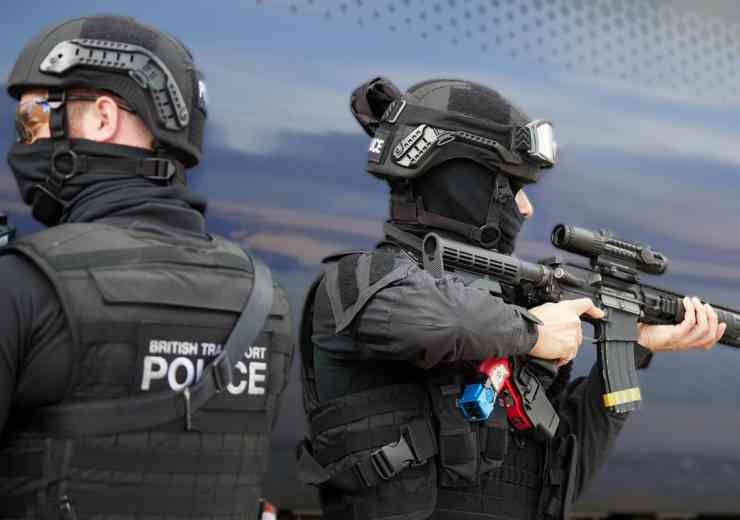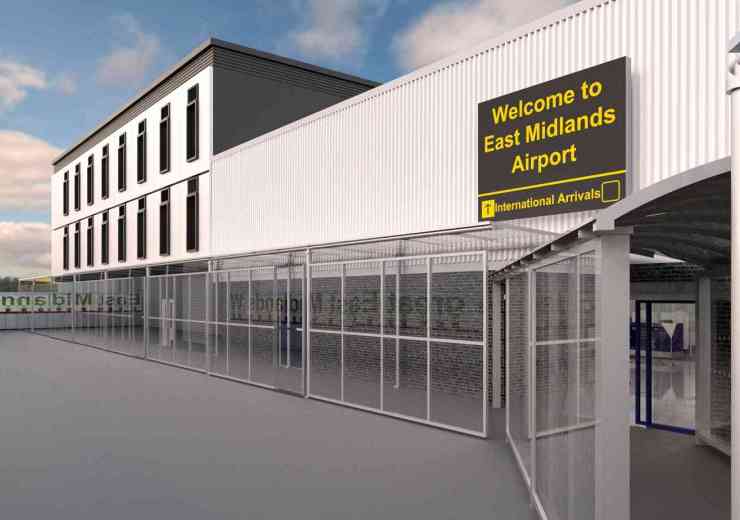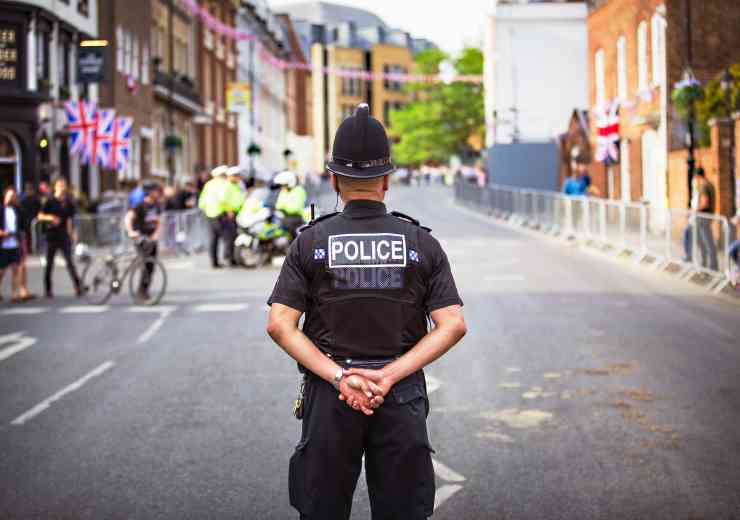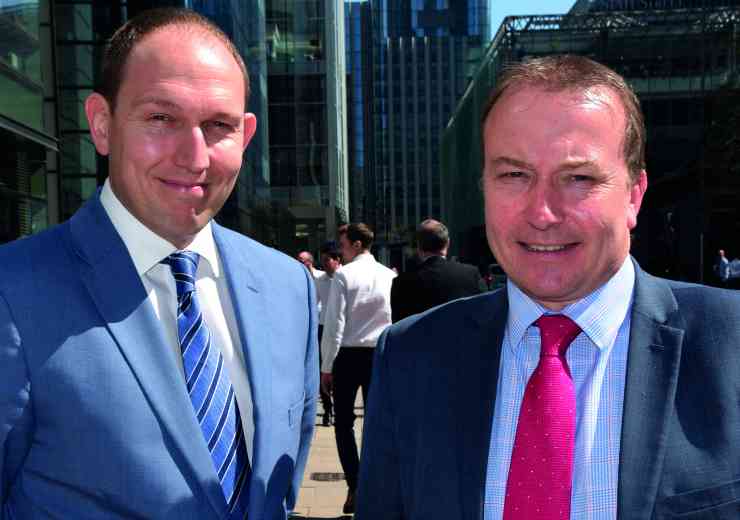
Working with the private security industry
Sitting in my apartment, I noticed the blue lights flashing through my windows. Thinking Christmas had come a little early I looked outside and saw three fire engines. As it turns out the flat below was having a minor emergency with their washing machine and called the fire brigade to assist.
My first thought was that three fire engines was a bit excessive for such a minor incident. However, when you consider the potential danger of a reported fire in a residential block it was probably appropriate. It also got me thinking just how lucky we are to have such a fast, efficient and professional emergency service response. It’s easy to take for granted that here in the UK we have built up exceptional levels of expertise and good practice in health and safety and security. The emergency services have learned important lessons from many experiences and certainly do not come cheap. But when it comes down to a real emergency you really need those skills.
The cost of time
When I think back to my career in the police service I can remember times when I spent hours trying to solve problems for members of the public. Sometimes relatively minor issues like people who had locked their car keys inside their car! If you considered the cost of a police officer’s time it would perhaps not look like a good economic use of public services. But it’s also a key part of building a relationship between the police and the public. It has helped to keep our police and our society united.
The police are there to help in troubled times, not just when you have suffered or committed a crime. A happy society cannot always be judged on cost alone. Why do we call out an expensive fire engine to get a cat out of a tree? Why? - well it’s because they care.
Why do ambulance staff spend time making a cup of tea for an old person who has called them for some imagined illness, but who is really just lonely and needs some human interaction. Ask any police, fire or ambulance officer and they will be able to give you examples. But times are changing, the present government has no option but to deal with the overspending of the past. We understand that austerity is required to some extent in order to reduce debt for future generations, but are we aware of what reductions in police, fire brigade and ambulance services will really mean?
No longer can we expect to see a police officer patrolling the streets talking to the public and having the time to build the trust and relationships that remind people they really are human. The number of patrolling police officers has dropped so much in the last 30 years that you are now more likely to see a member of the Salvation Army on the street and police officers don’t have the time to interact with the community in the way that I was able to do during my service. Most people in the United Kingdom have a fondness for the police force as a result of good interactions with friendly neighbourhood police officers from generation to generation.
So whilst the police cuts have been tempered somewhat it’s still important for people to realise their officers are no longer as available to them as they were in the past.
During the last election I didn’t hear real discussions about the impact of austerity on policing our society. Are we prepared for private security companies to take over looking after the security of our neighbourhoods and communities?
I think behind her mask that is what the Home Secretary believes is the way forward.
Maybe we won’t miss a local beat officer because gradually over the last 30 years those big hatted constables have been changed into plain clothed officers, hidden in offices, dealing with the next big issue – whether that be cold case reviews, counter terrorism, fraud or cyber crime.
But the current situation is different. There are now so few officers on the beat that it really signals a complete withdrawal. Our society is moving online but let’s not forget that we also need to feel reassured that we are safe in our real life communities.
This change in policing heralds major issues for our society and it seems to have been brushed under the carpet.
Security providers
There are many security companies who will be rubbing their hands together at the thought of providing a community security service. It’s no coincidence that G4S has snapped up the services of former Chief Constable Nick Gargan. They have already heard the mood music from the Home Office and I don’t blame them, as many communities will be able to pay for extra patrols.
But for each of those who can pay there will be many that can’t. And who is going to keep them safe with a 24 hour presence?
There’s no doubt security providers have an increasing part to play in policing. All businesses need to do their bit to reduce their vulnerabilities. They cannot rely on the police anymore (if actually there ever really was a time when they could) to investigate business crime.
If every shoplifting incident was registered as a crime the true crime figures would go through the roof. Likewise there’s the burgeoning issue of dealing with cyber crime. It’s difficult to foresee police resources being deployed to anything but the most serious of cases. That leaves a massive hole that private security companies can fill.
I believe we will see more and more private prosecutions, or at least private investigations which lead to the criminal court. There is already nothing to prevent a private prosecution but this option is usually ignored.
I can imagine groups of companies with a specific crime problem employing private investigators to deal with types of crime impacting their businesses. More use will also be made of private security to secure areas in the public realm.
The problems for policing continue to grow. There’s too much to do, a reluctance to take difficult management decisions and more burdensome red tape.
This is combined with a demanding public where the availability of easy communication through mobile phones has multiplied the number of requests for police assistance.
Something has to give and I would argue that it already has. A single walking beat officer has become an endangered species. It’s a situation we should reverse, and quickly.
Whilst there is a big place for private security companies carrying out many of the current police duties, routine patrolling by police officers should be the first point of call for the public.
















